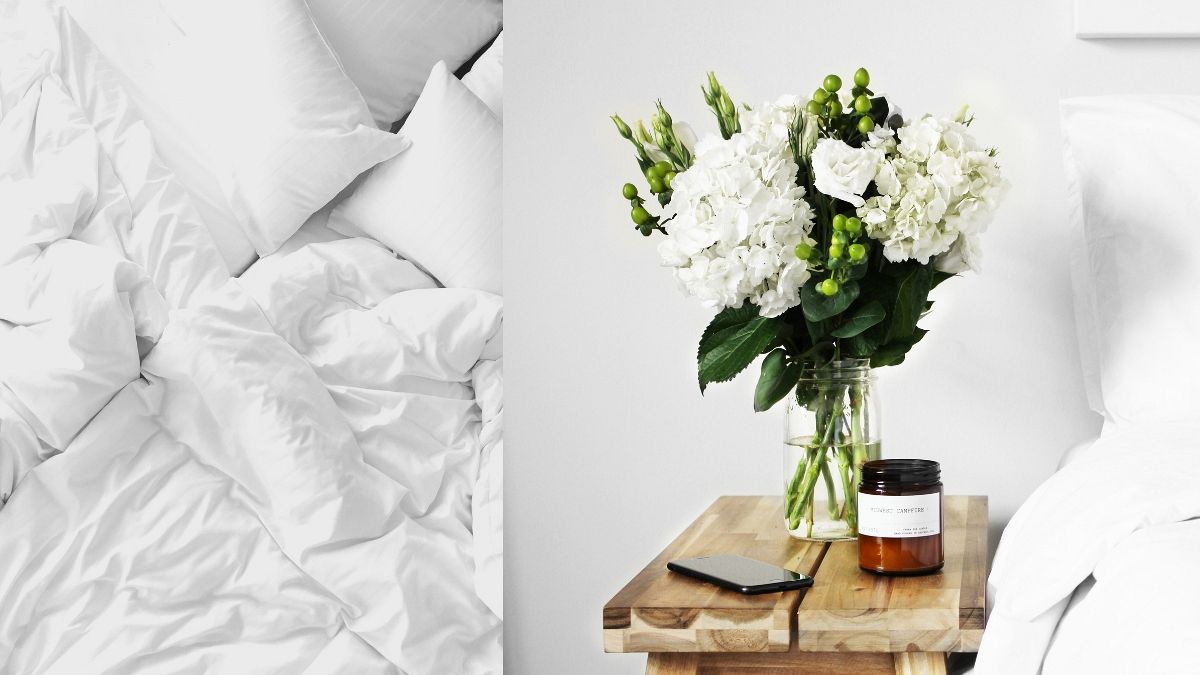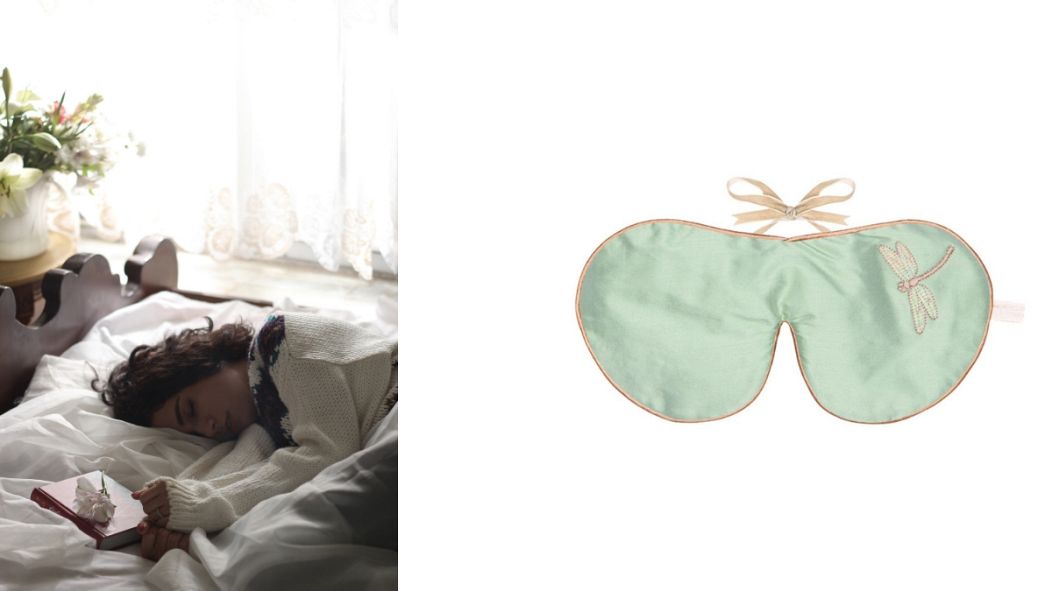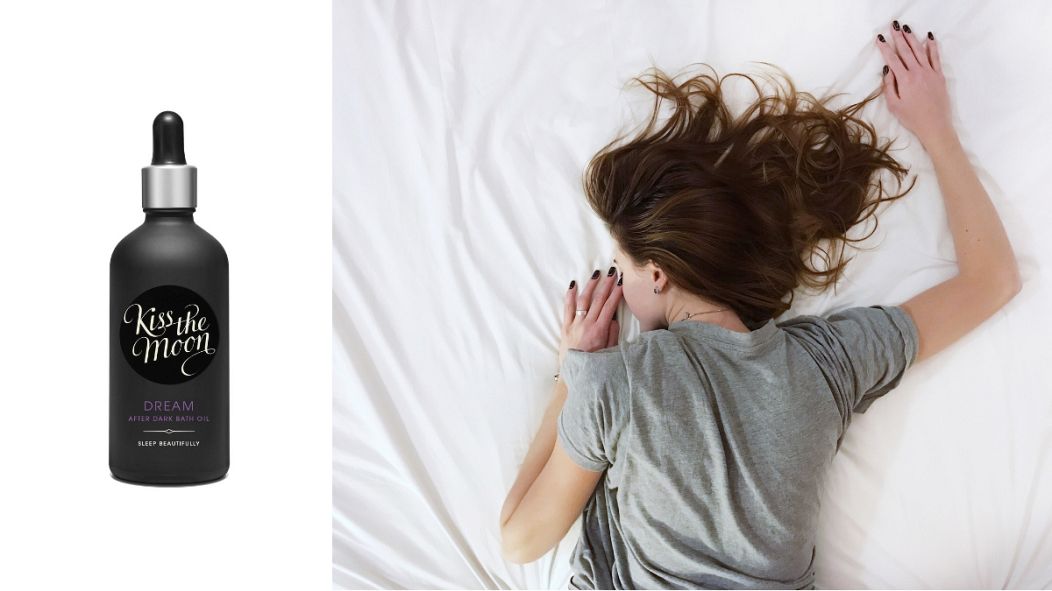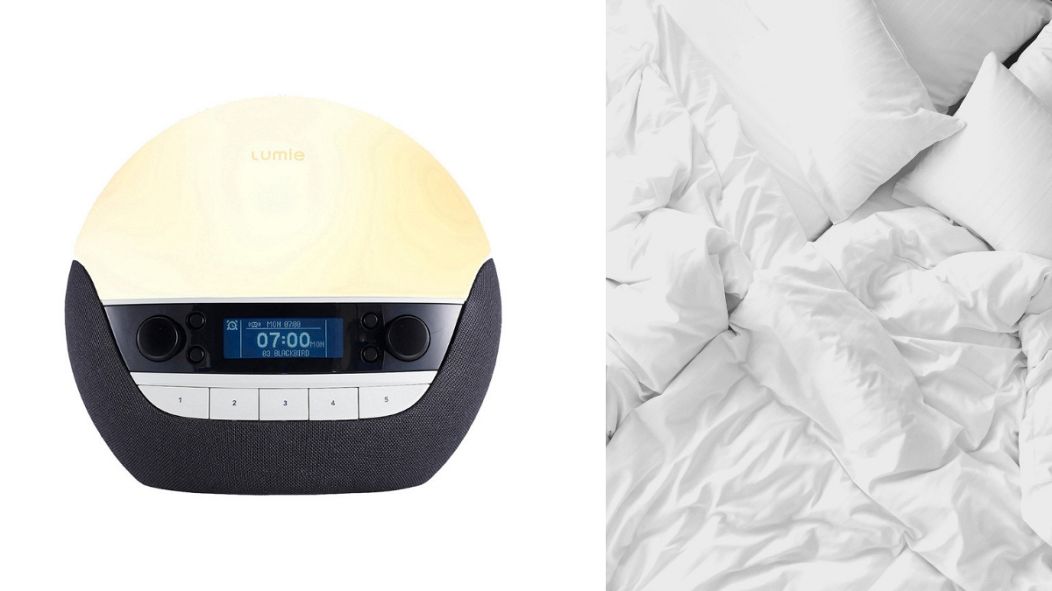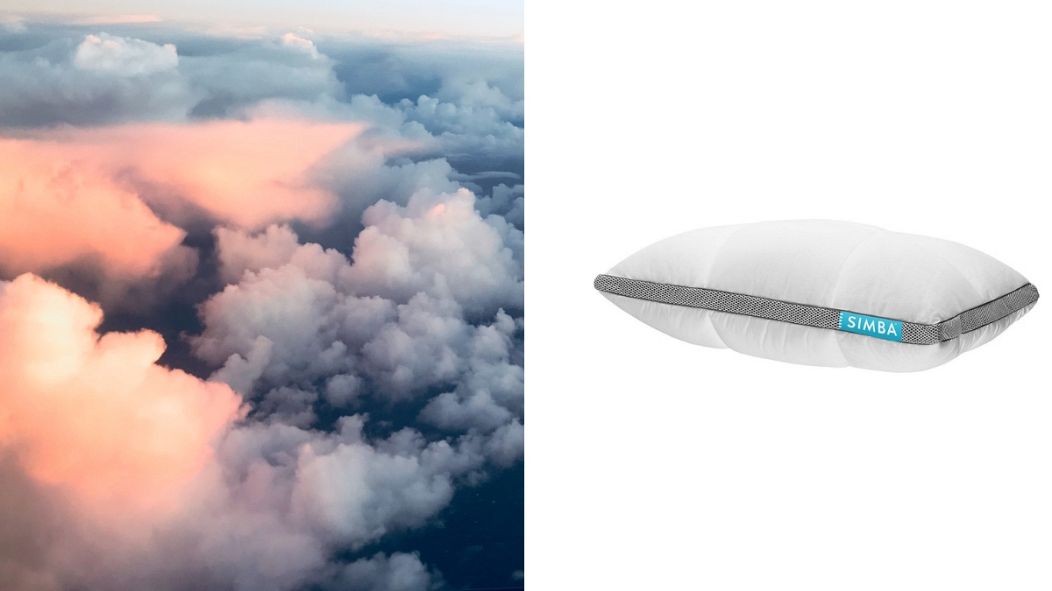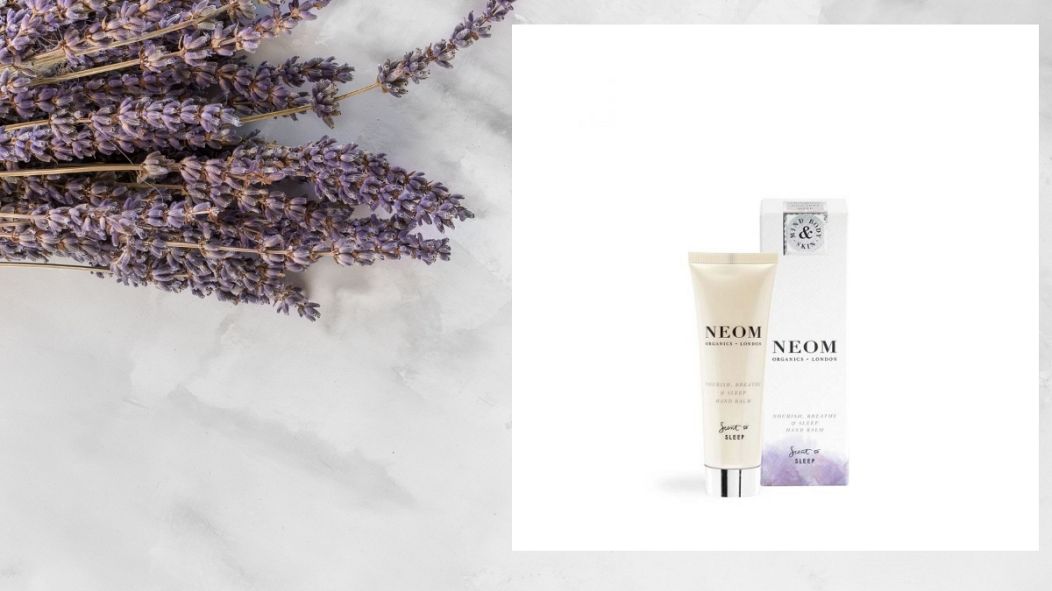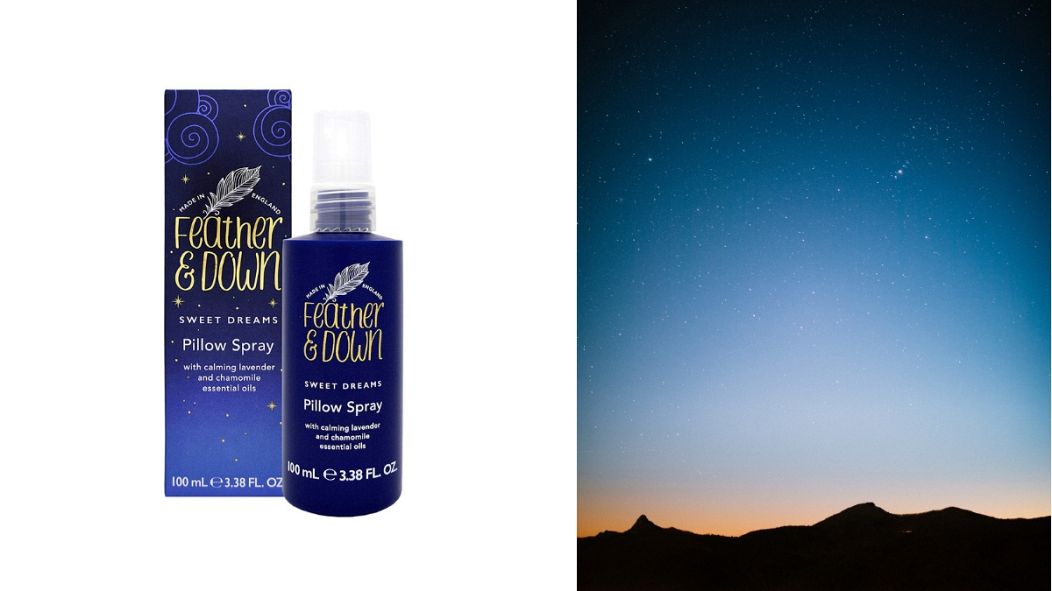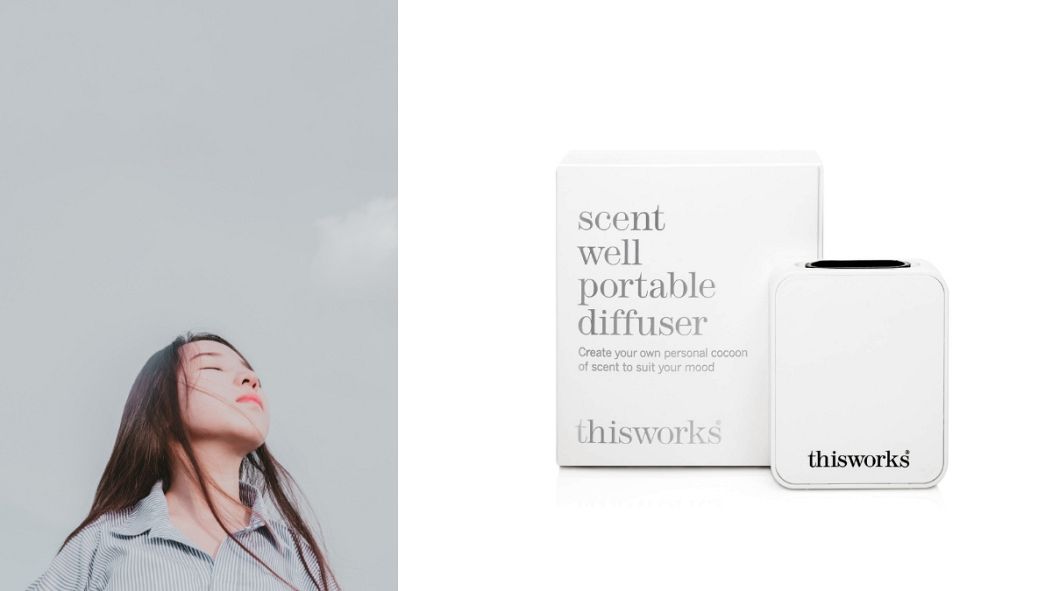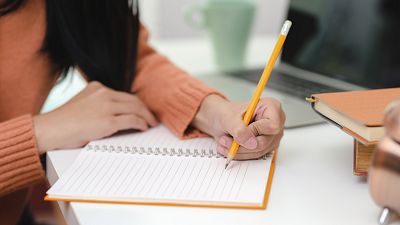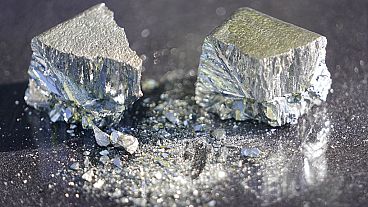How sleep can improve your health and be your best immunity boost this winter
Feeling like you need a good night's sleep? Never quite managing to get those recommended eight hours? You could be causing yourself more damage than you'd think. As studies have shown, those who repeatedly lose out on a good night's sleep can dramatically lower their immune system, double their risk of cancer and heighten their chances of developing Alzheimer's. So, if you're in the large percentage of adults - 66% to be exact - that are feeling frustrated over how much they snooze, it's time to enroll in sleep school.
We have two internal systems that control our sleep. One is our Circadian Rhythm (aka our body clock), which regulates how long we sleep for. The other is "Sleep Pressure", which is a term that refers to secretion of the chemical adenosine. Our bodies naturally produce this chemical the minute we wake and as levels rise, so does the desire to sleep. Find below our best tips to keep them running smoothly.
Caffeinated, de-caff and herbal drinks before bedtime
If we haven’t managed to obtain enough hours of sleep, we can use other sources to stay awake. As we’re sure that you can guess, the most commonly used substance to supress sleep pressure is caffeine. It affects all individuals in different ways, and for some 50% of the caffeine levels found in your morning coffee can still be in your body five hours after your first sip. This means it is very possible for the flat white you order at lunchtime to keep your body charged well past your bedtime. So, if you have trouble drifting off, it might be worth reducing your levels, drinking it much earlier, or cutting it out completely. De-caff coffee and tea do not equal a caffeine-free fix, it only means that the levels are much lower. So, if you want to try being caffeine free, try opting for herbal alternatives like mint, ginger or fruit.
Naps are ok, but not if they're too late
There's nothing wrong with a power nap, or a post-lunch siesta, especially if you're catching up on lost Z's. But get them in early, as napping past 3pm will affect your ability to drift off later that evening.
Make an effort to relax
We all lead hectic lives that are constantly connected to technology. And you're not in the minority if you are turning off your TV, phone, or tablet, a few moments before you snooze. However, having this stimulus so close to your sleep time is dramatically affecting your own ability to switch off. Try and remove all screens from the bedroom and make time to relax. Leave space in your evening to unwind, read, or listen to music. If you have more time than usual, it is worth running a hot bath. The drop-in temperature that you experience post plunge helps you to feel sleepy and using soothing bath salts aid in the process of naturally slowing you down.
Don't exercise too late
Working out releases natural endorphins and energy, so it is always best to exercise earlier in the day and try to have at least two or three hours downtime before you hit the hay.
Make sure your room is cool, dark and has the correct light exposure
It sounds like a long list of to-dos, but when you tick off all three correctly, you are on your way to getting the best night's sleep of your life. Creating a sleep space that is adaptable to light and sound, when you want to shut off or wake up, is key to getting a good night's kip and experts recommend that if you have issues with sleep, you should try getting an hour of sun exposure each morning to wake and then spend the same amount of time in dimmer lighting before bed. The environment you rest in is important, so invest in a good pillow, the correct duvet weight for the time of year and enjoy the place that you rest your head.
The best sleep aids
From lavender bath salts to alarm clocks that wake you with a gentle light, this lot is your best chance at getting it right.
Holistic Silk Classic Lavender Eye Mask, £55
Lavender infused silk eye masks that not only block out all light but gently fasten around your head using ribbon instead of elastic, to avoid any aches. Expensive yes, but by far the best.
Kiss the Moon Dream After Dark Bath Oil, £38
Snooze-inducing lavender and bergamot will help you relax fully before bedtime and soothe you to sleep.
Lumie Bodyclock Luxe Wake Up to Daylight SAD Light, £199
Helping you to ditch all screens from the bedroom, Lumie lights help you wake with a more gradual light.
[SIMBA Hybrid Outlast Pillow](https://www.johnlewis.com/simba-hybrid-outlast-pillow/p3206592 sku=236771067&s_kwcid=2dx92700031319601676&tmad=c&tmcampid=2&gclid=Cj0KCQjwrszdBRDWARIsAEEYhrfEUHKN3qGLveCfKqwu_PMLmNS6z6RhNwxLI02SnuKsHcABSjyk0kYaAkeCEALw_wcB&gclsrc=aw.ds), £95
Scientifically engineered to give you a better night's sleep. The inner filling can be adjusted to your perfect height and weight, and it also adapts to your temperature.
Neom Nourish, Breathe & Sleep Hand Balm, £15
Apply to your hand's pre-sleep, breathe in the aroma and get ready to drift off.
Feather & Down Sweet Dreams Pillow Spray, £7
We've tried every pillow spray out there, and this one is by far our favourite.
This Works Scent Diffuser, £55
Taking pillow sprays to the next level, this diffuser gently scents the room, so bedtime is the most dreamy place possible.
Writer: Lydia House
